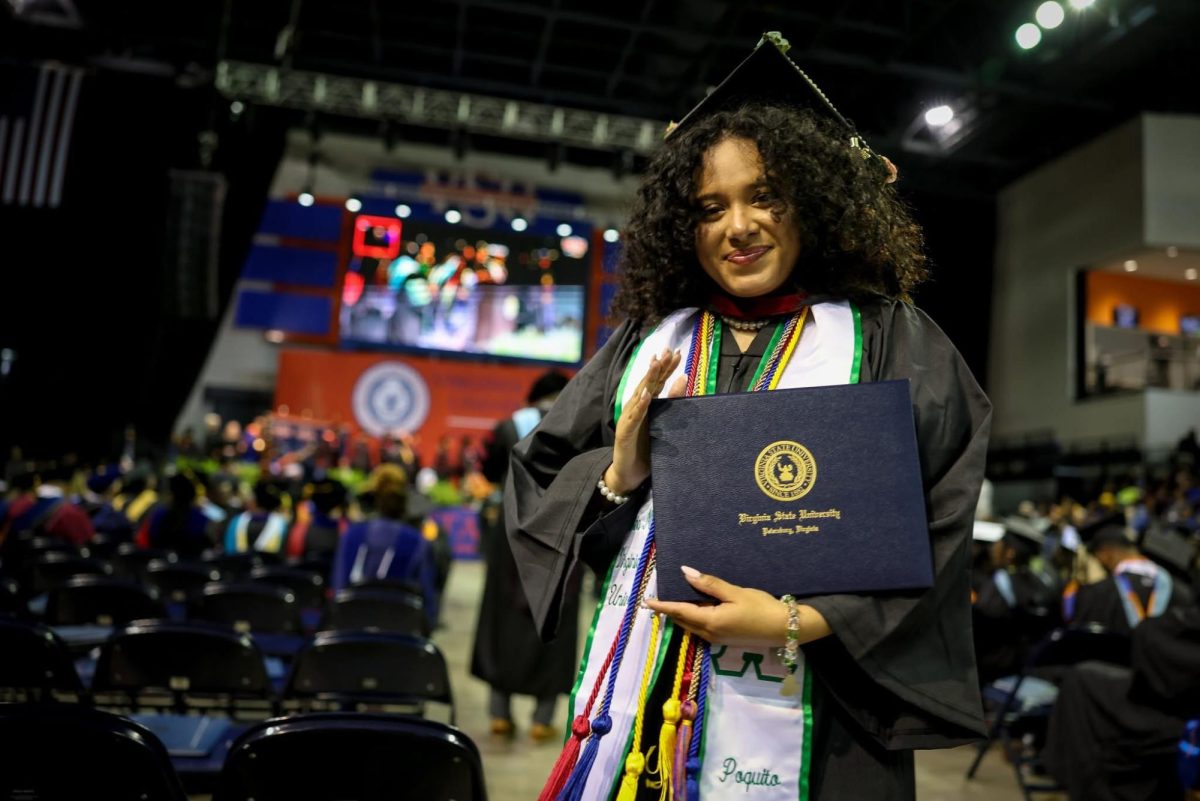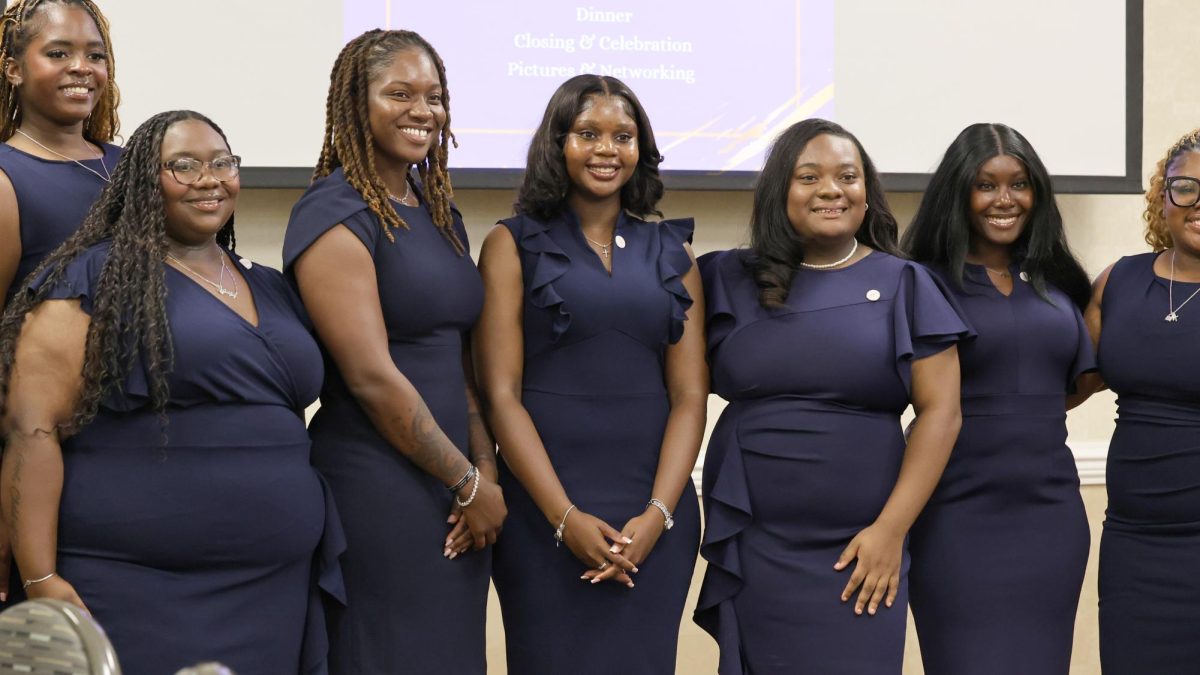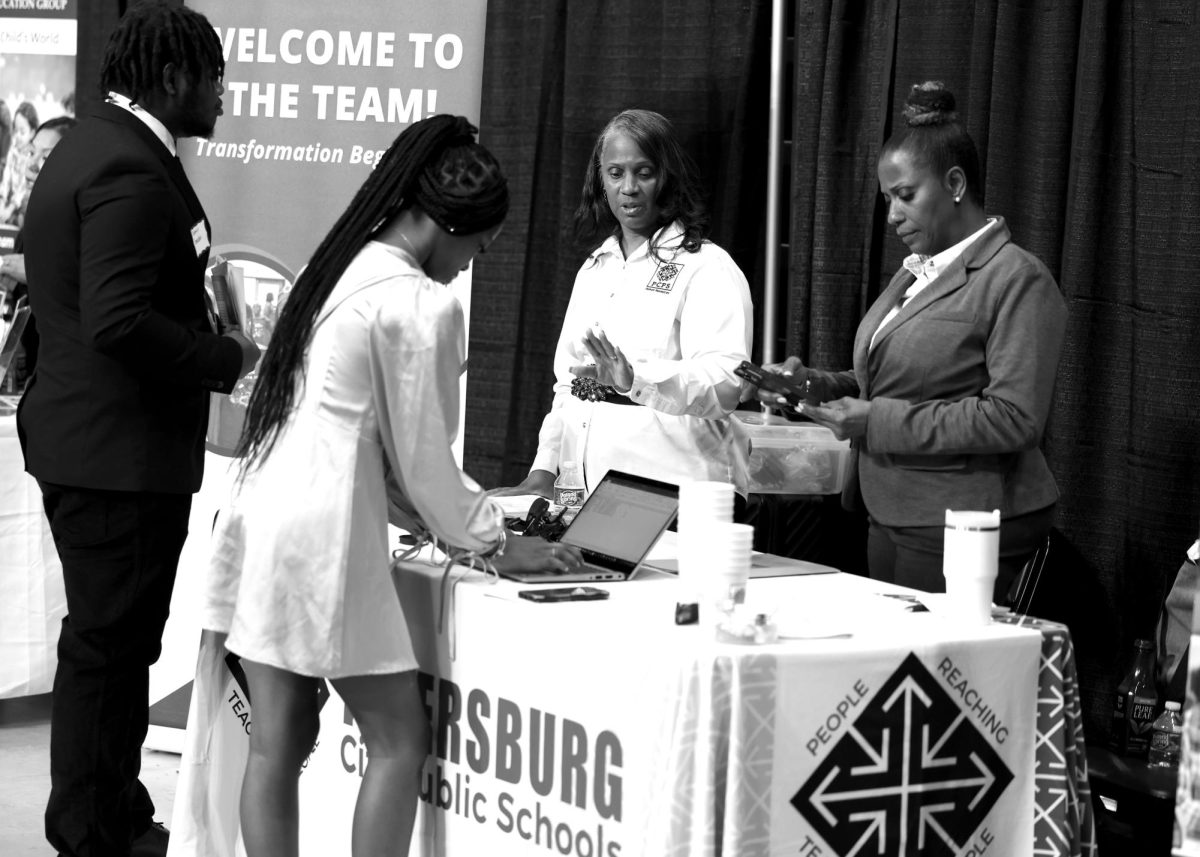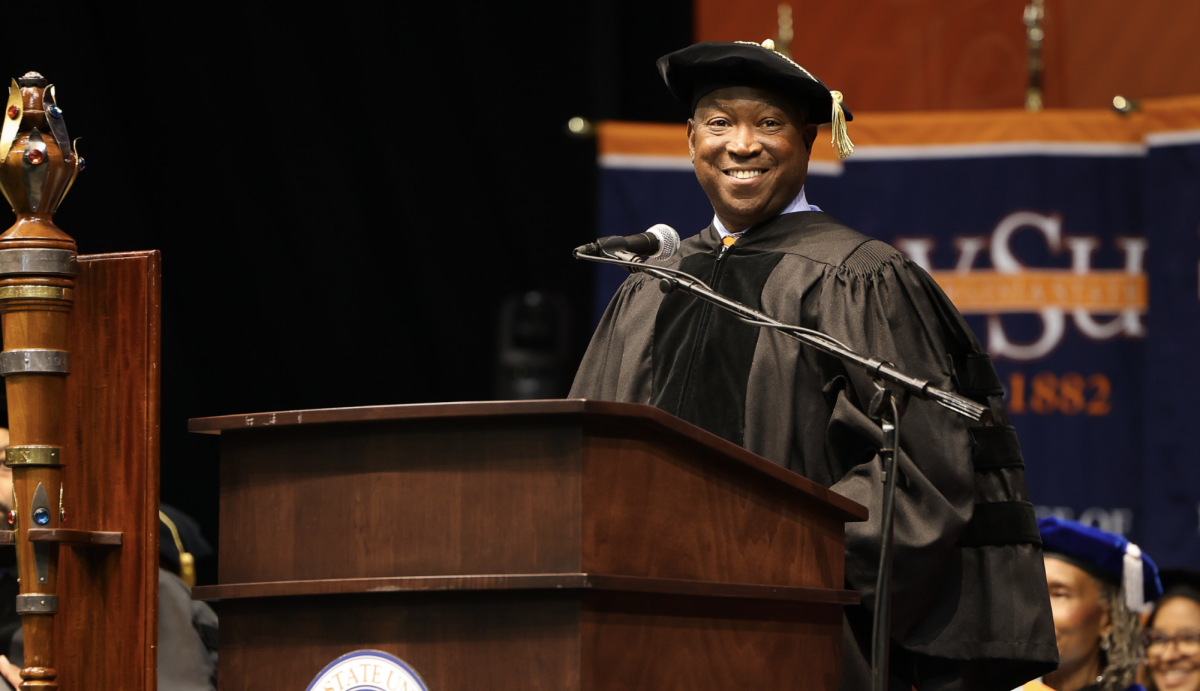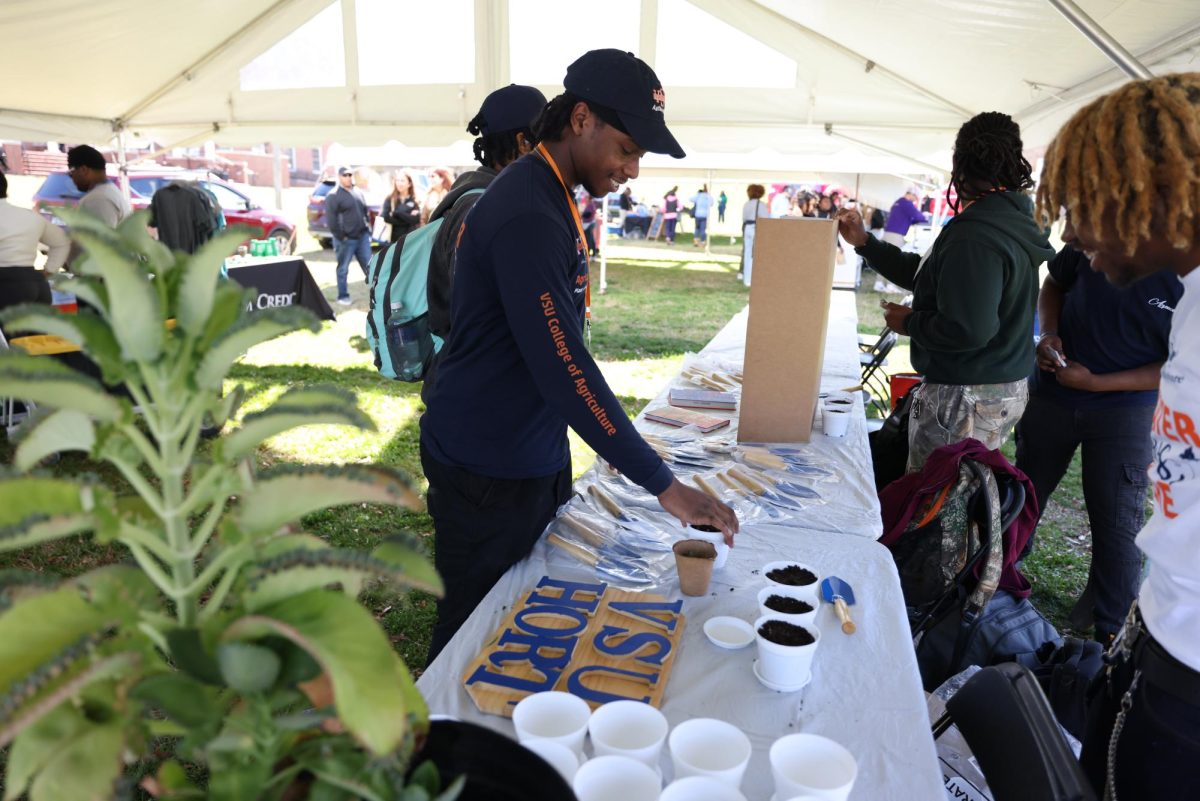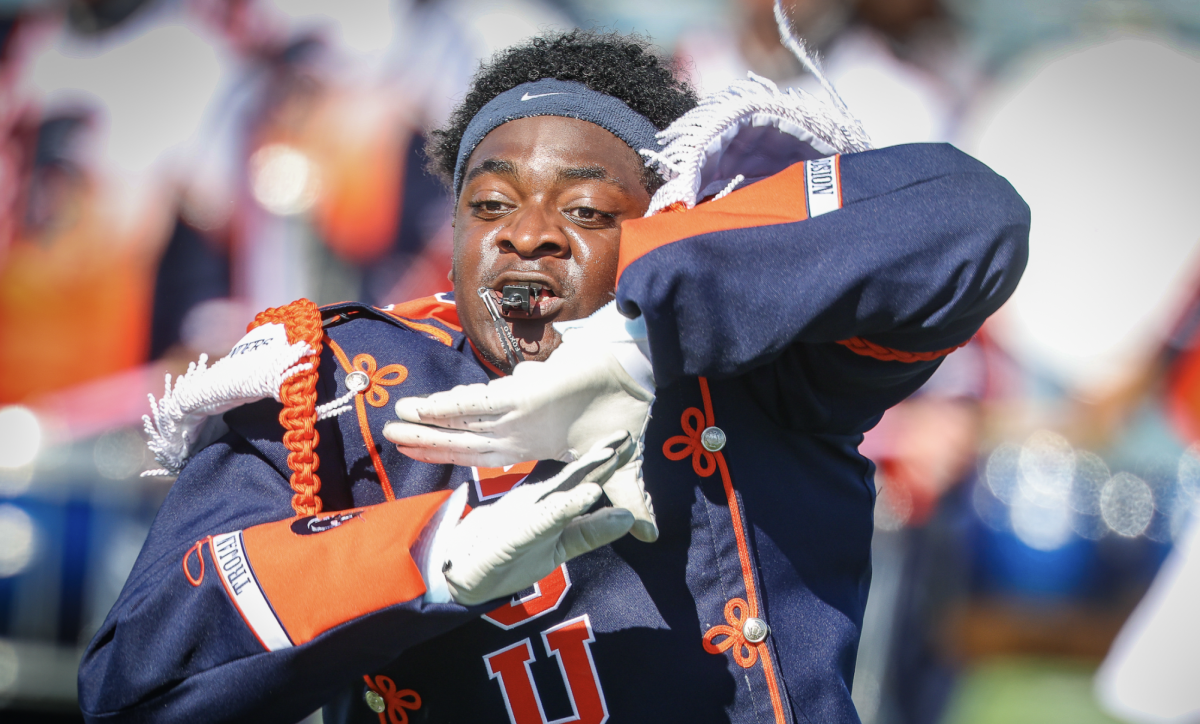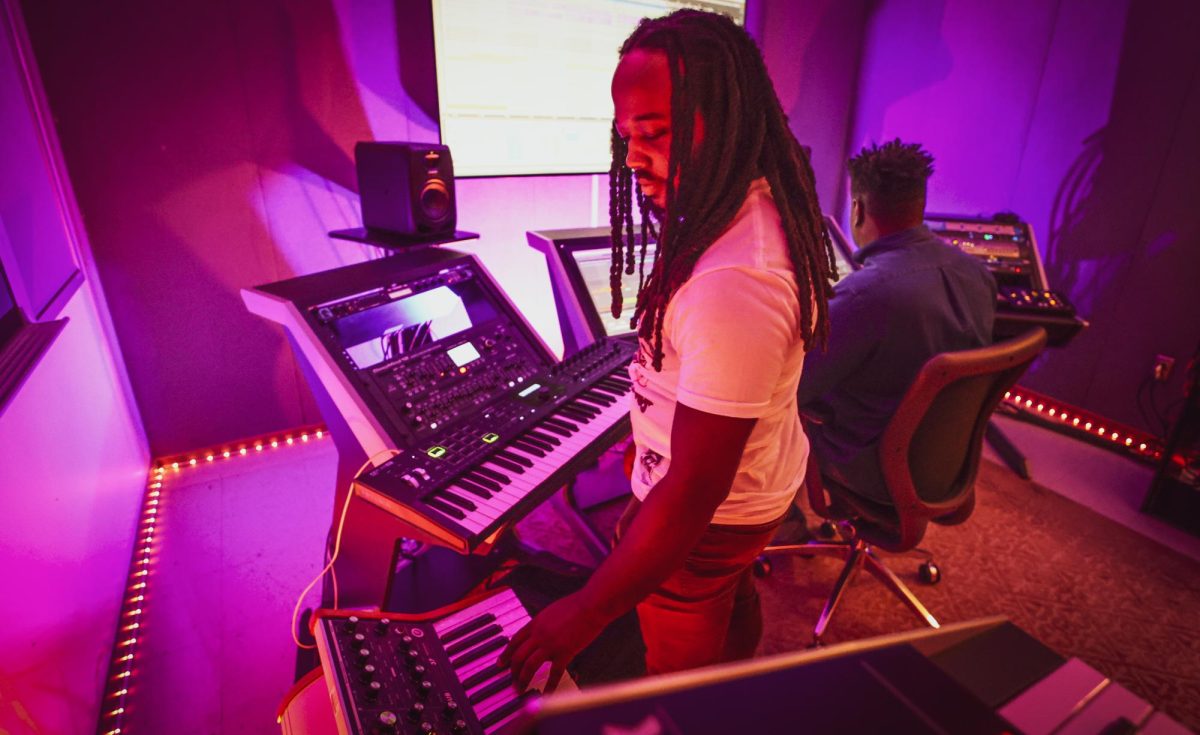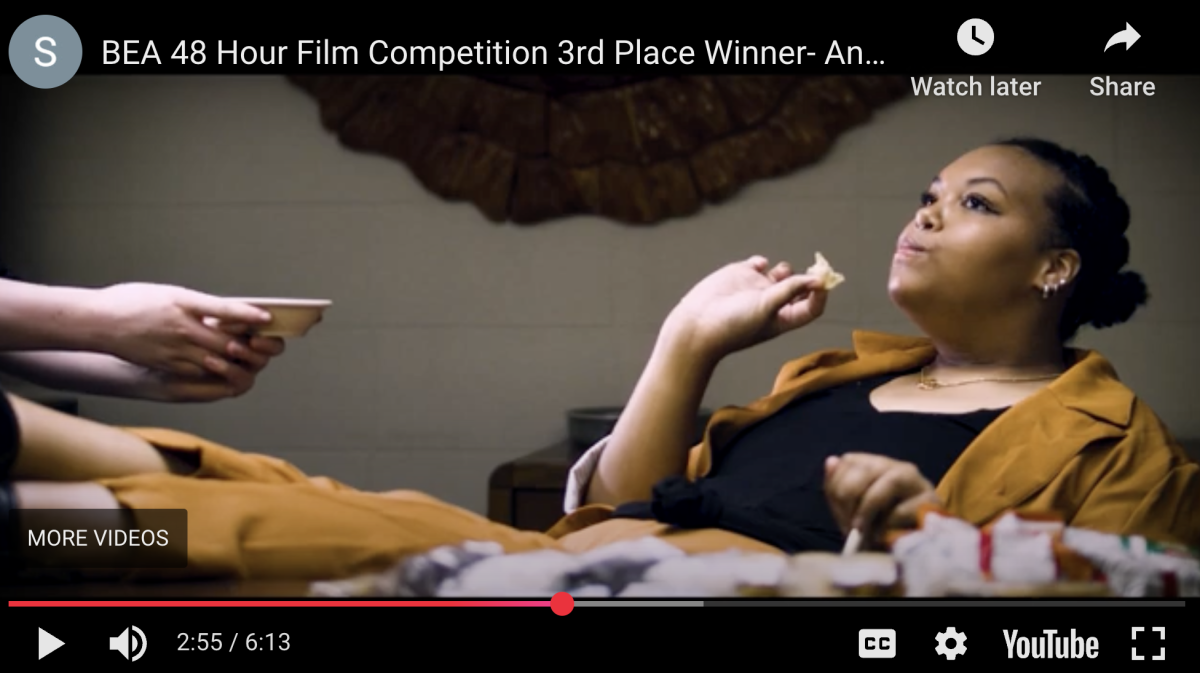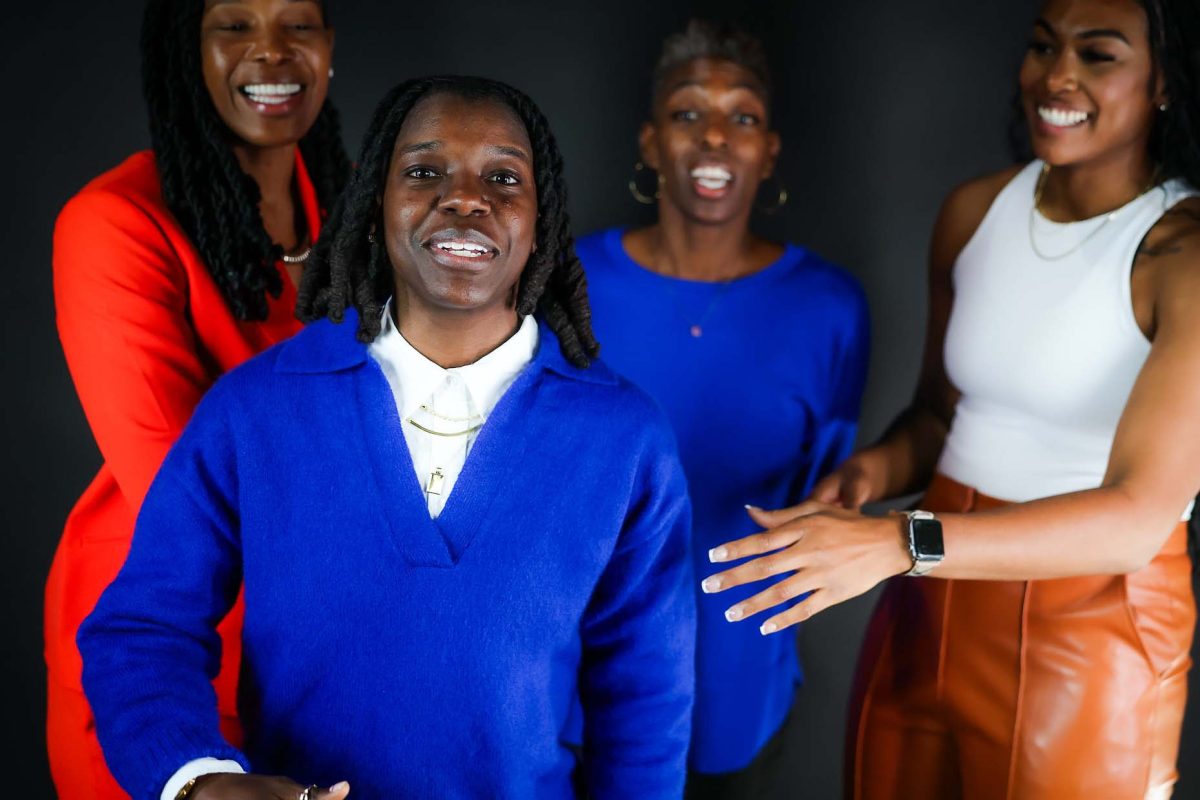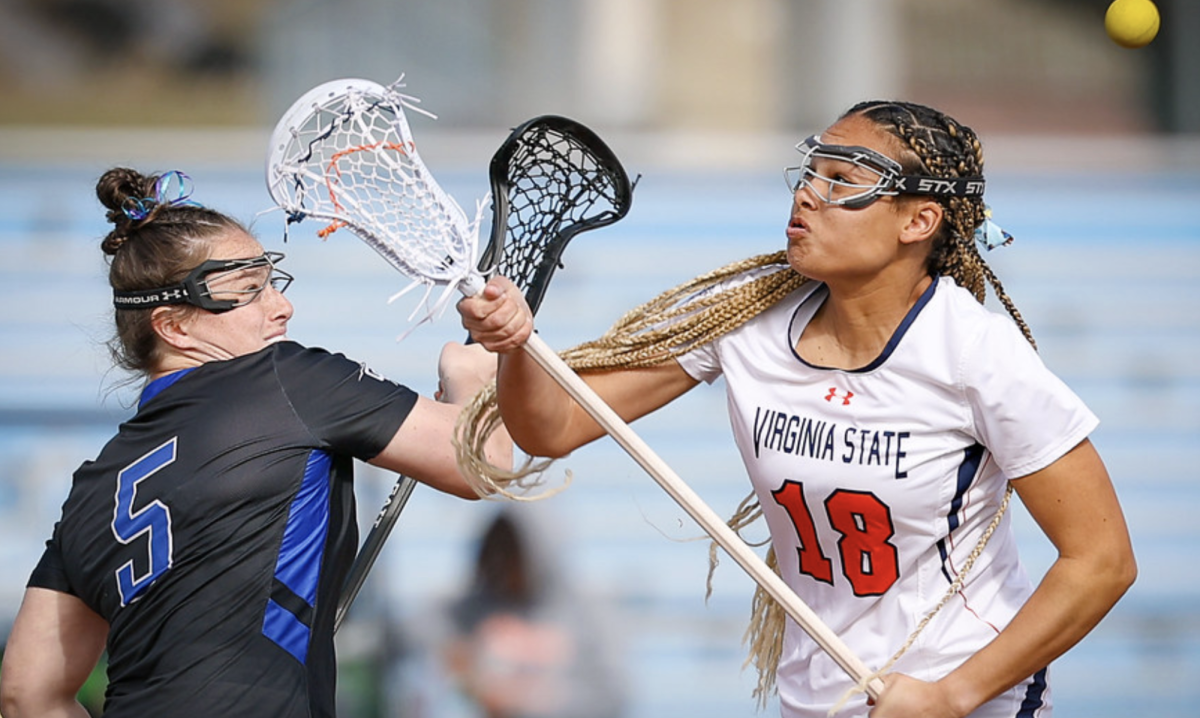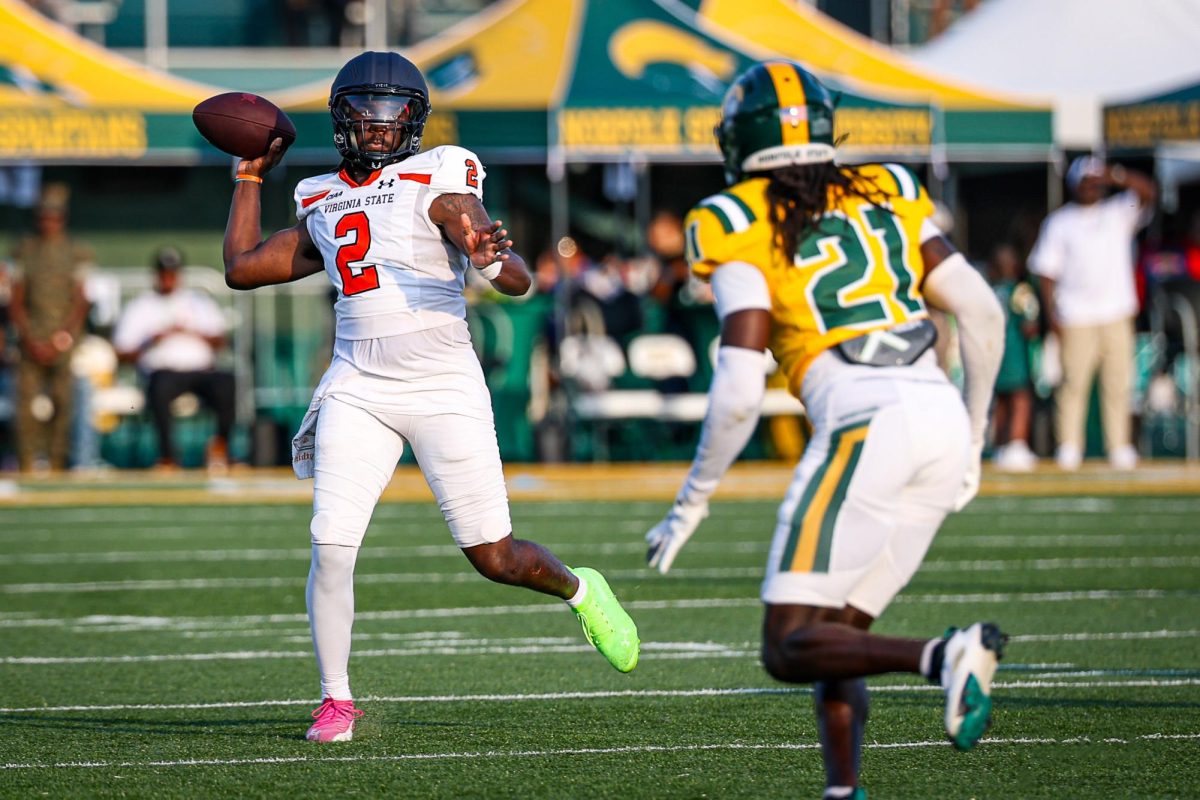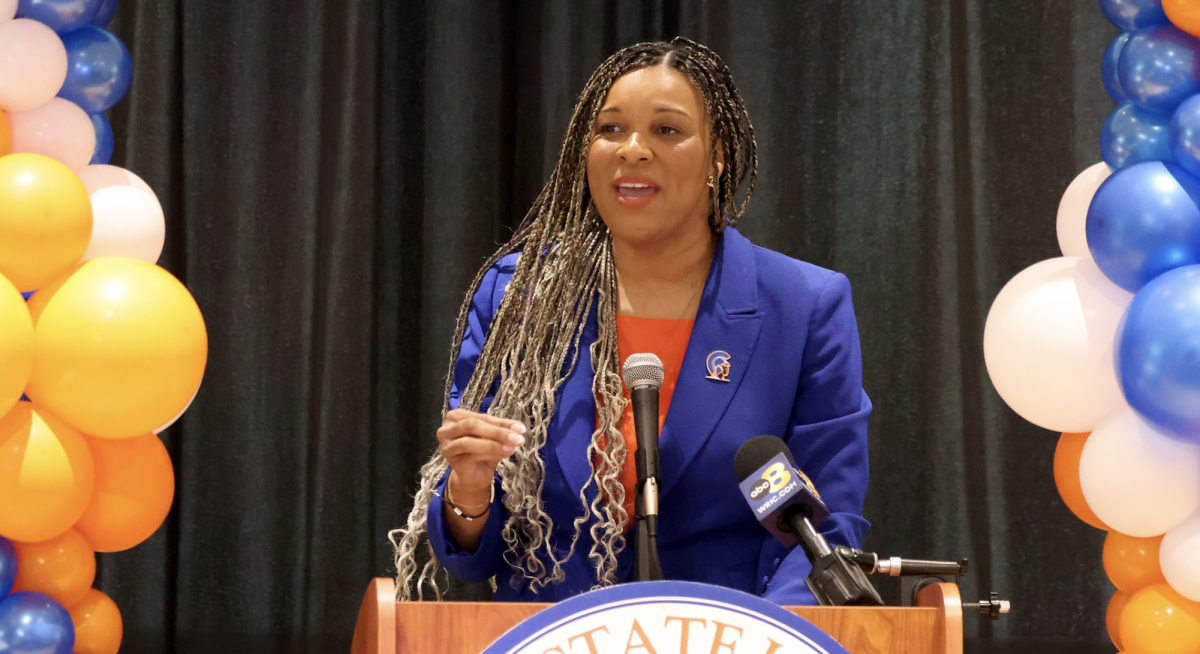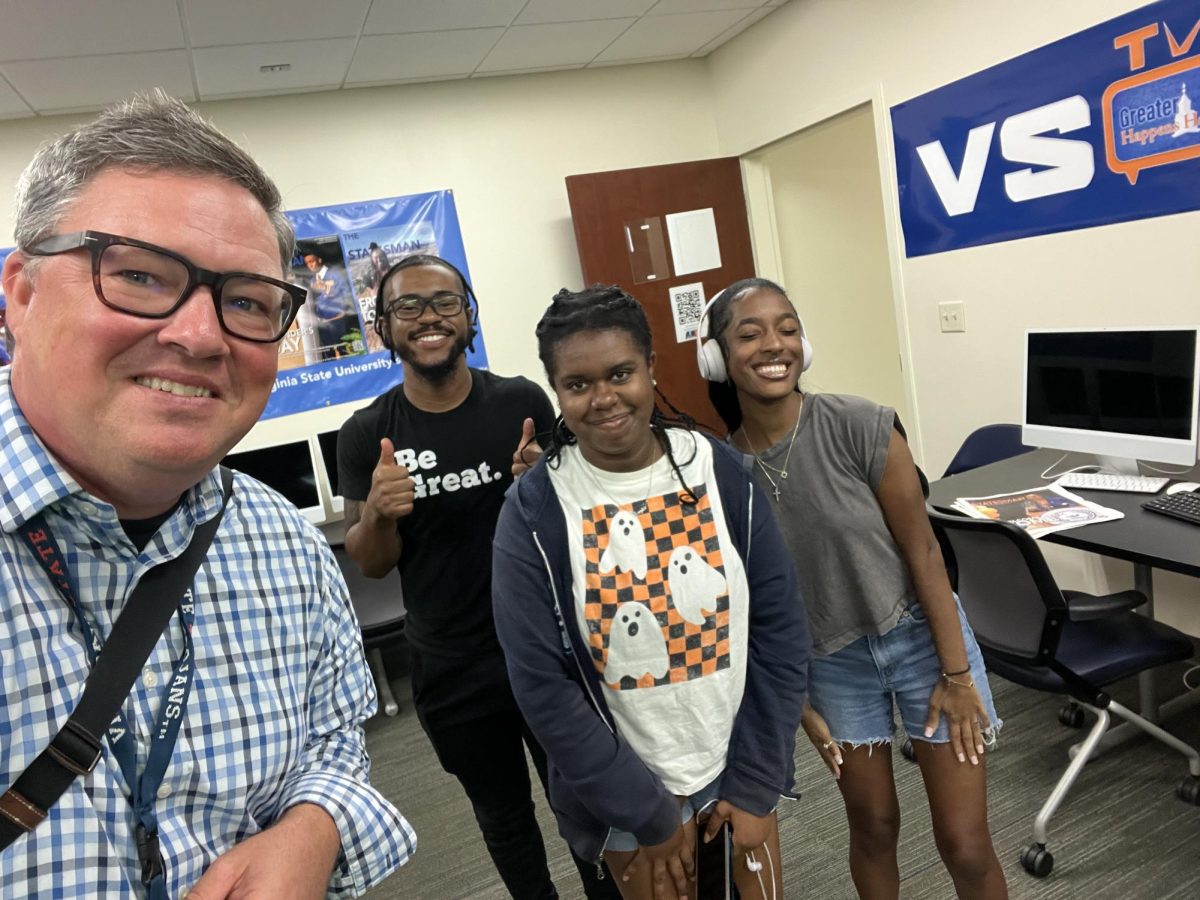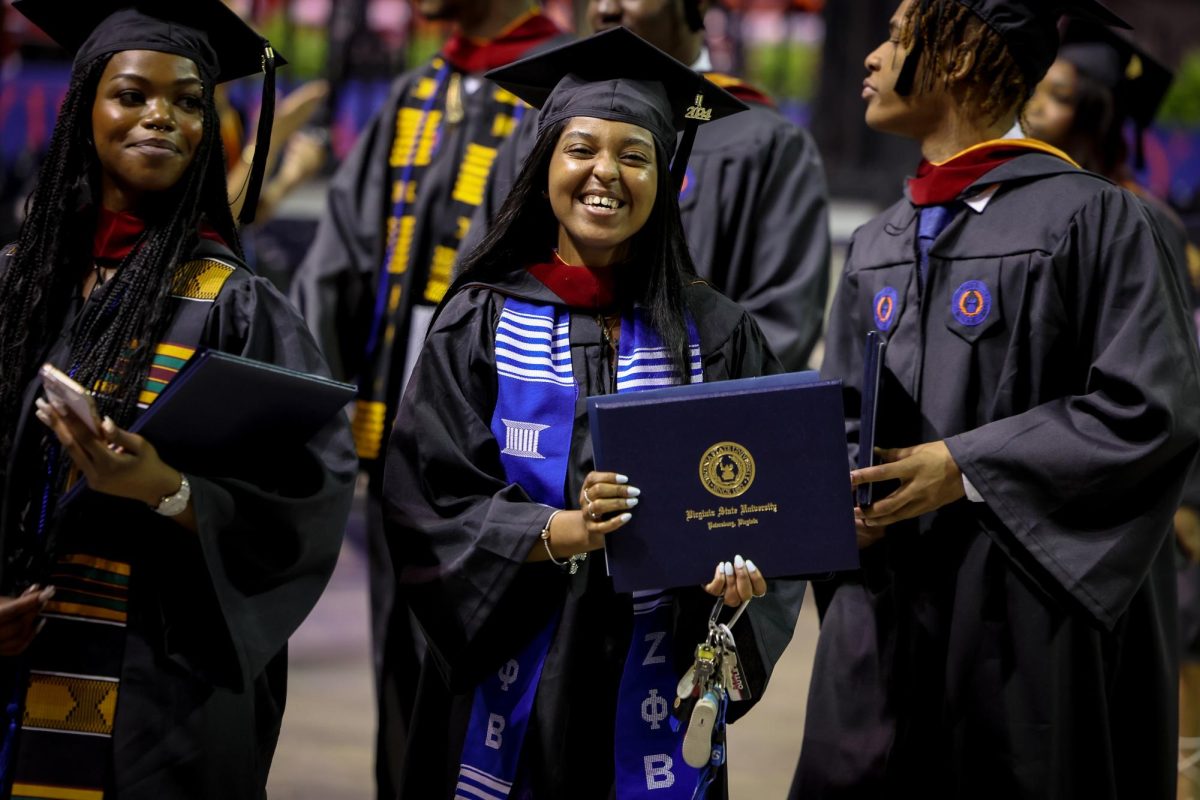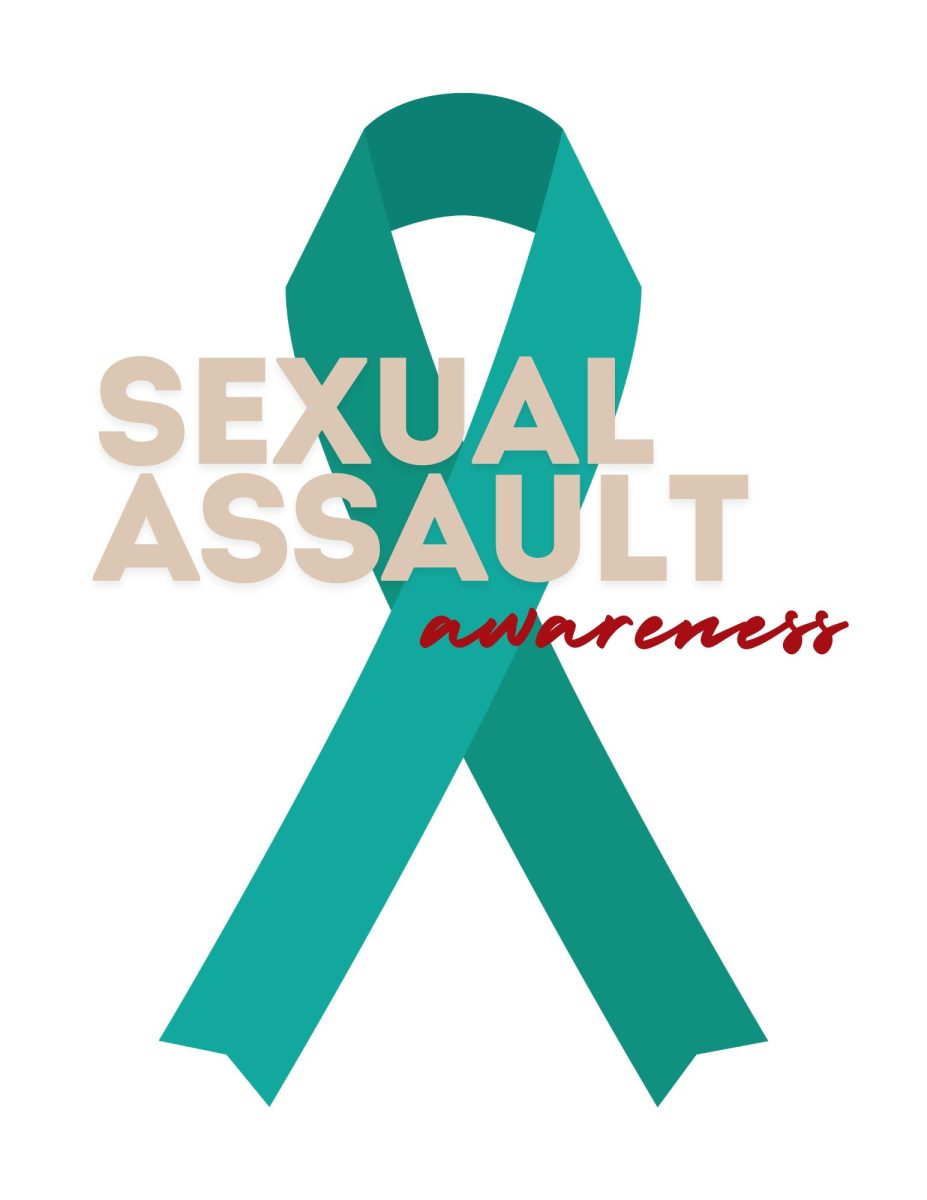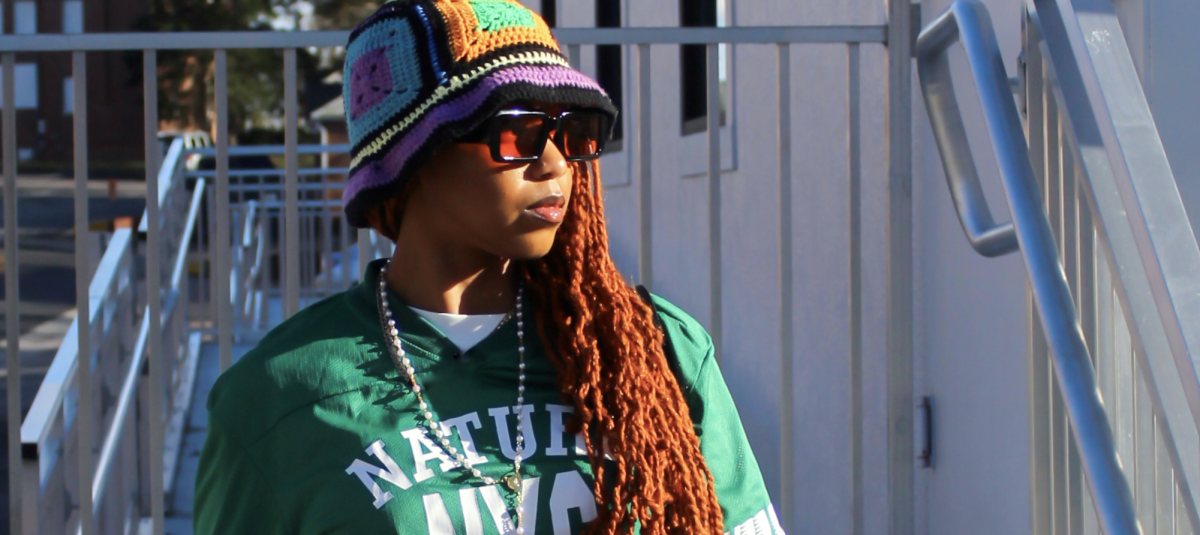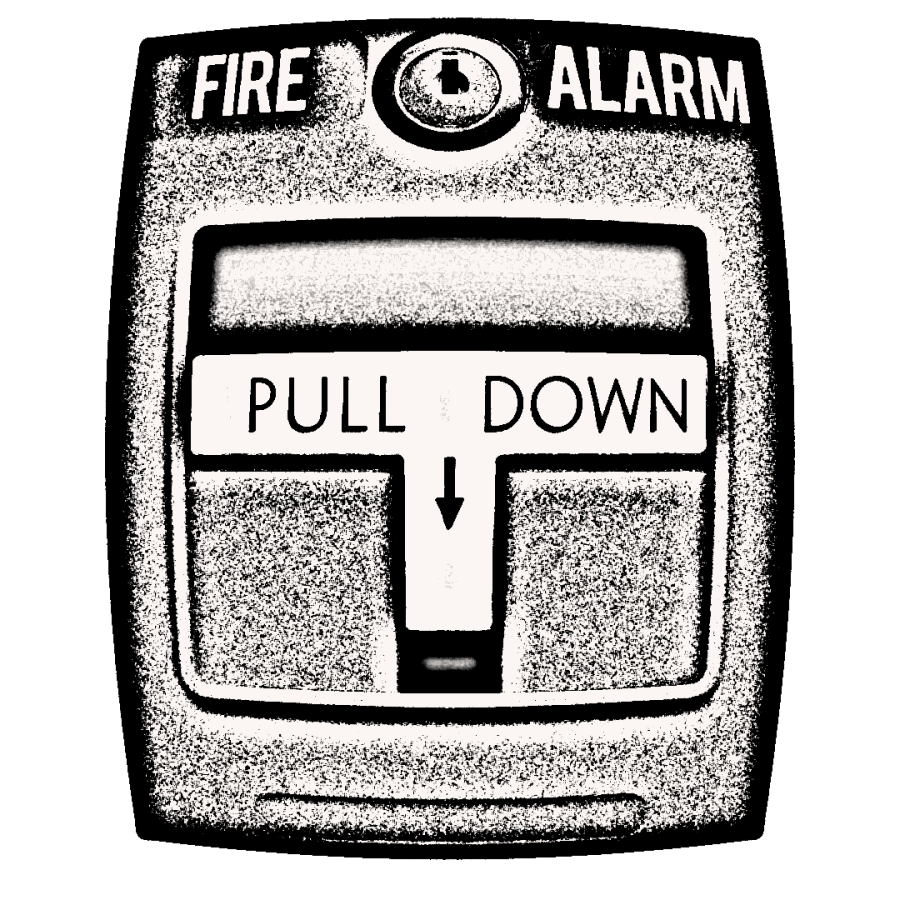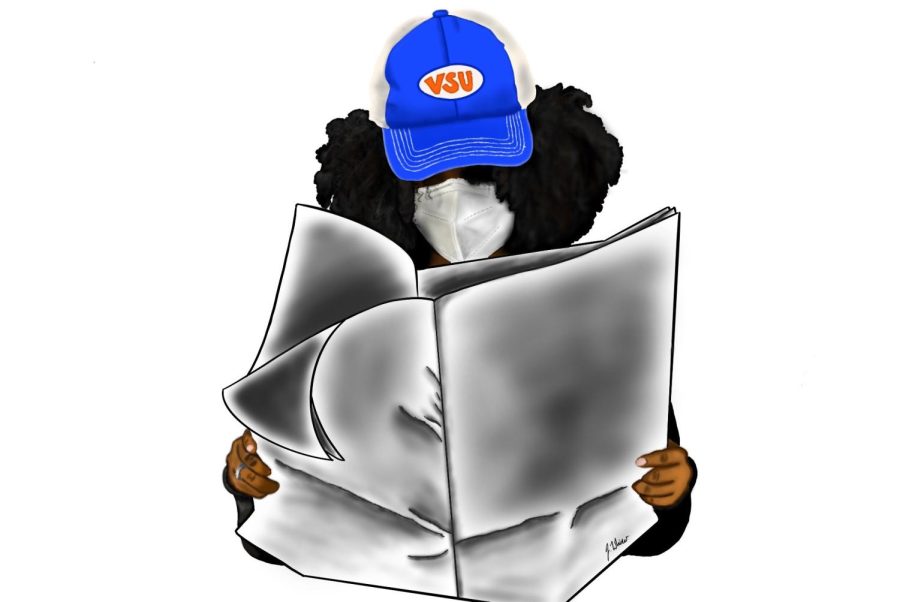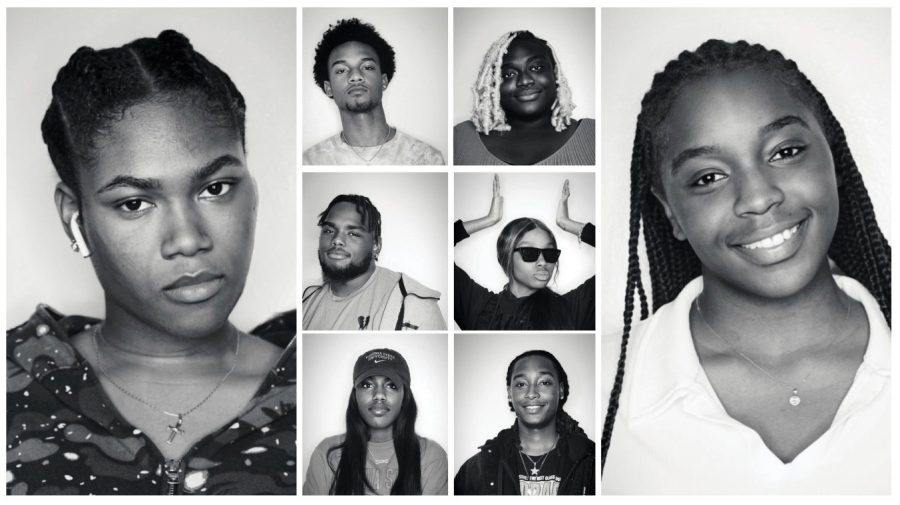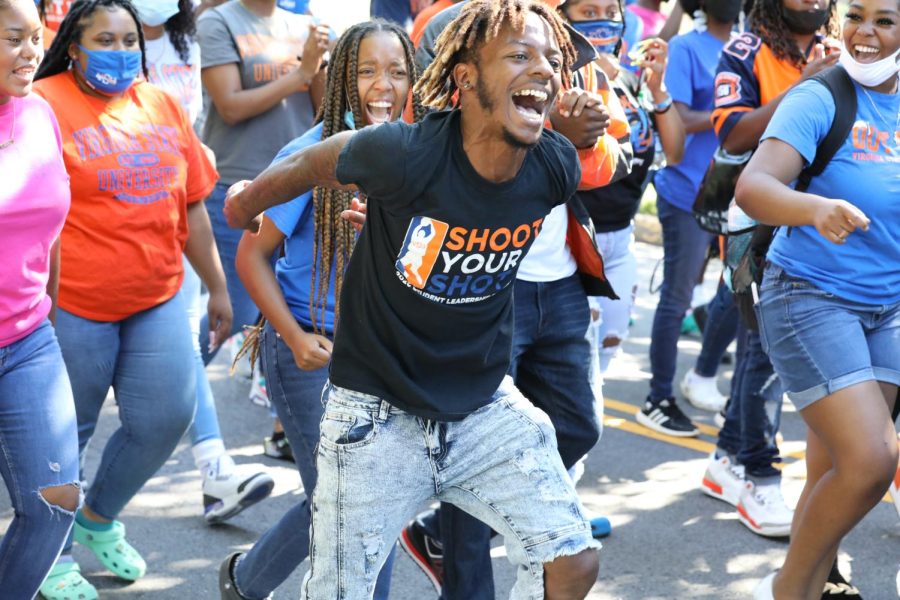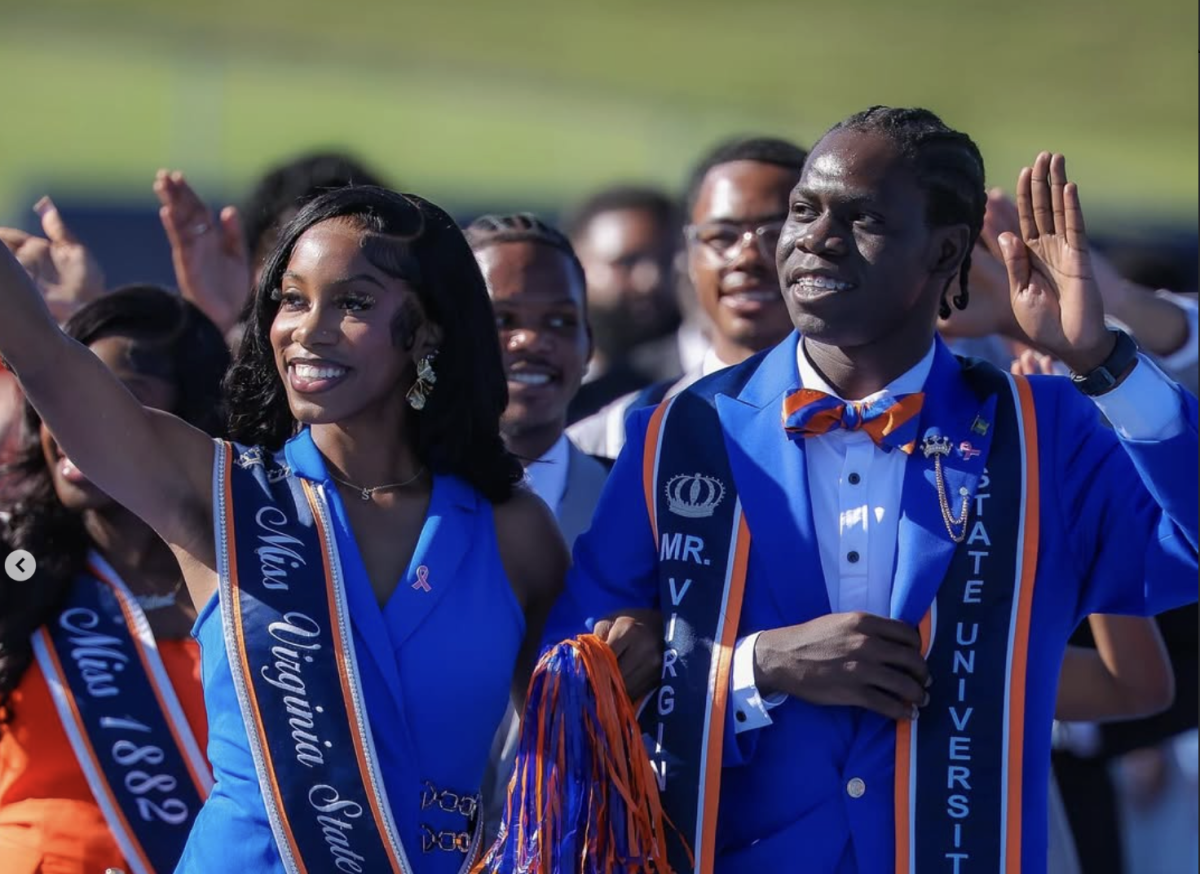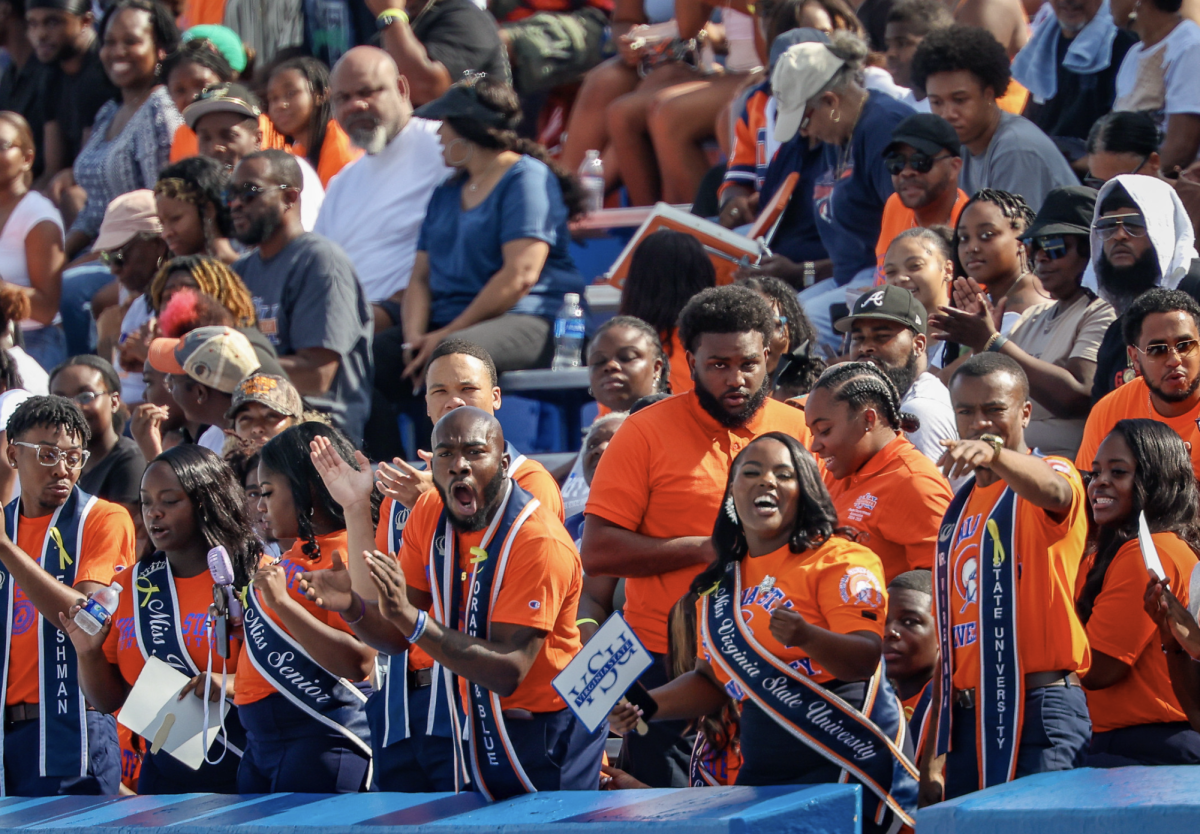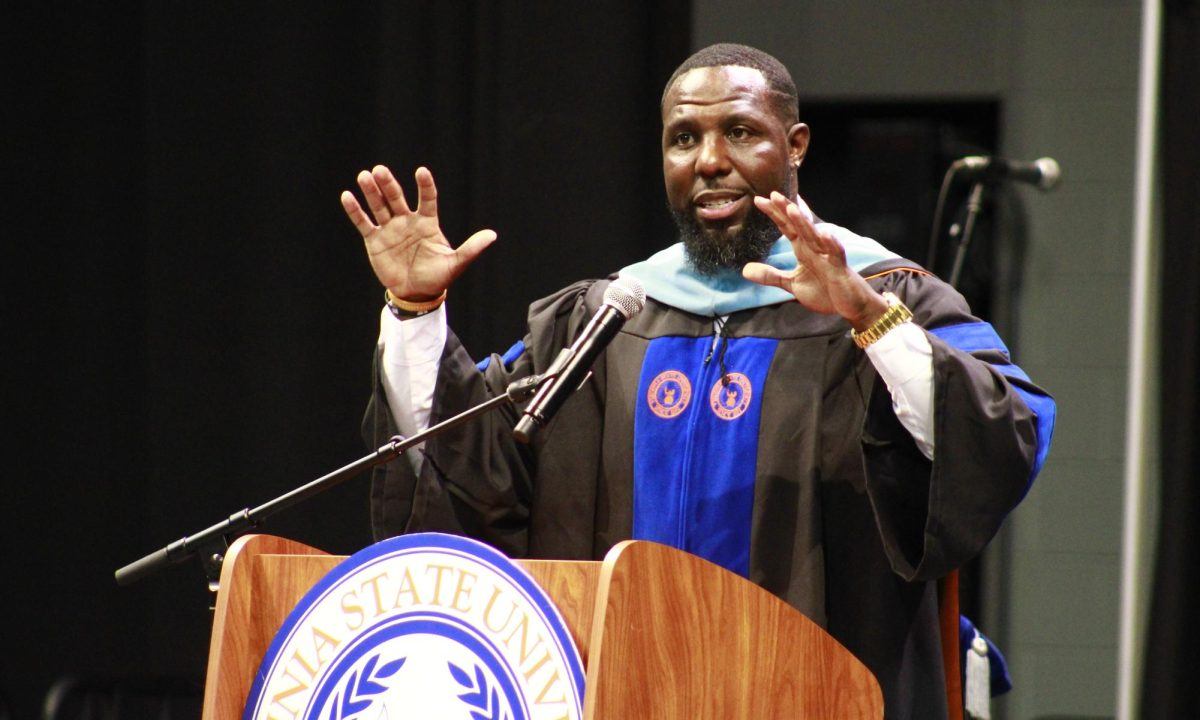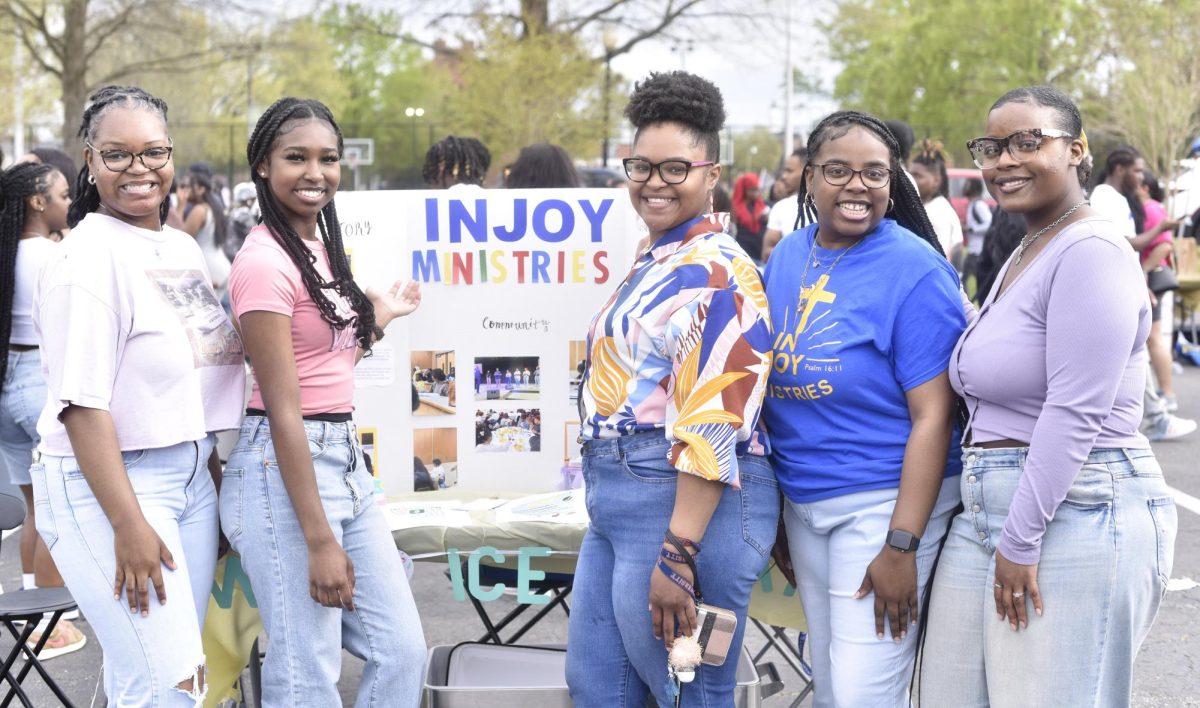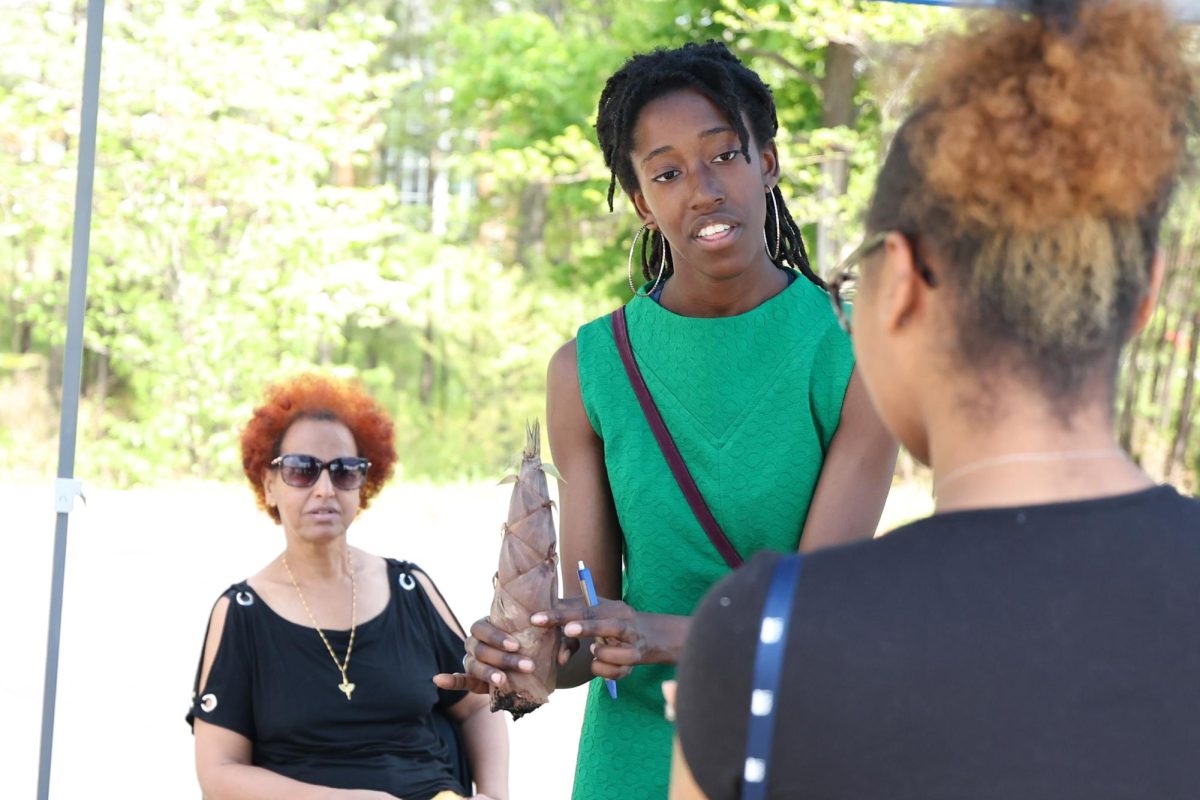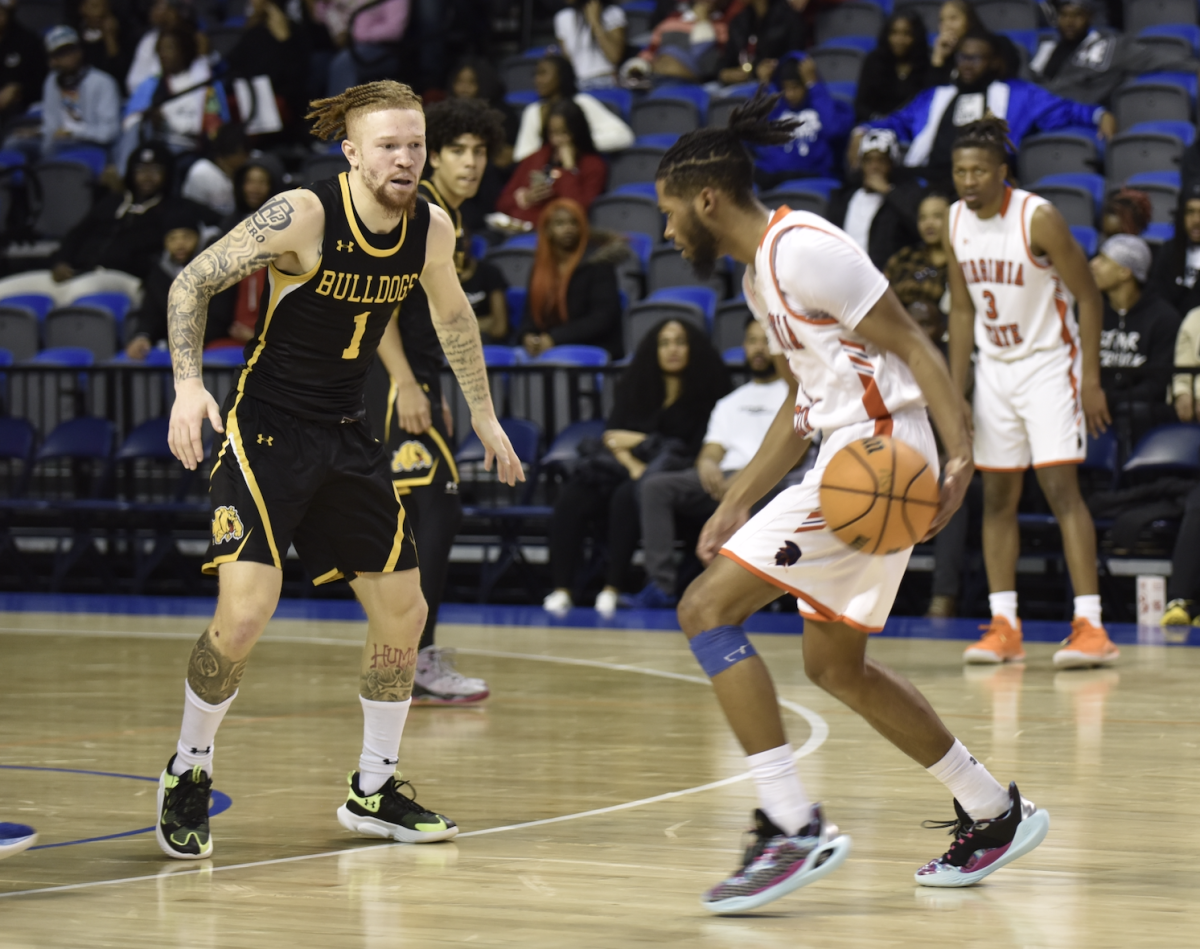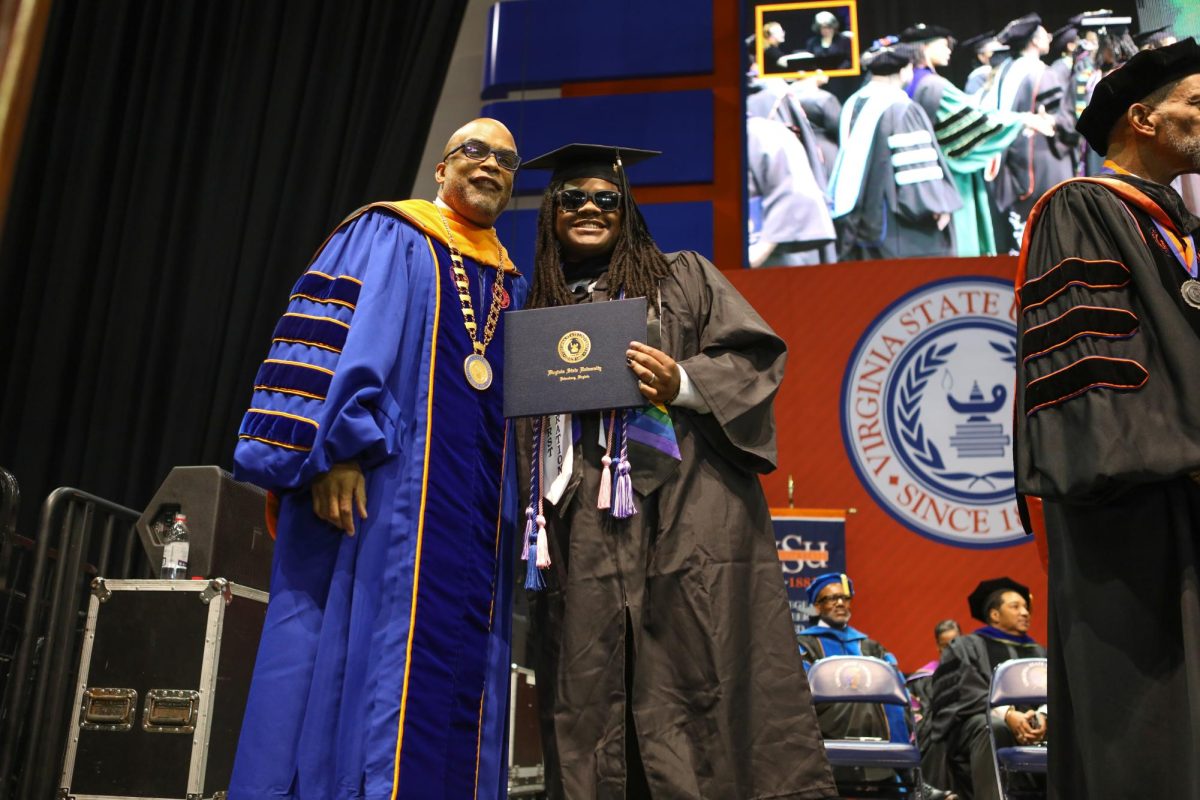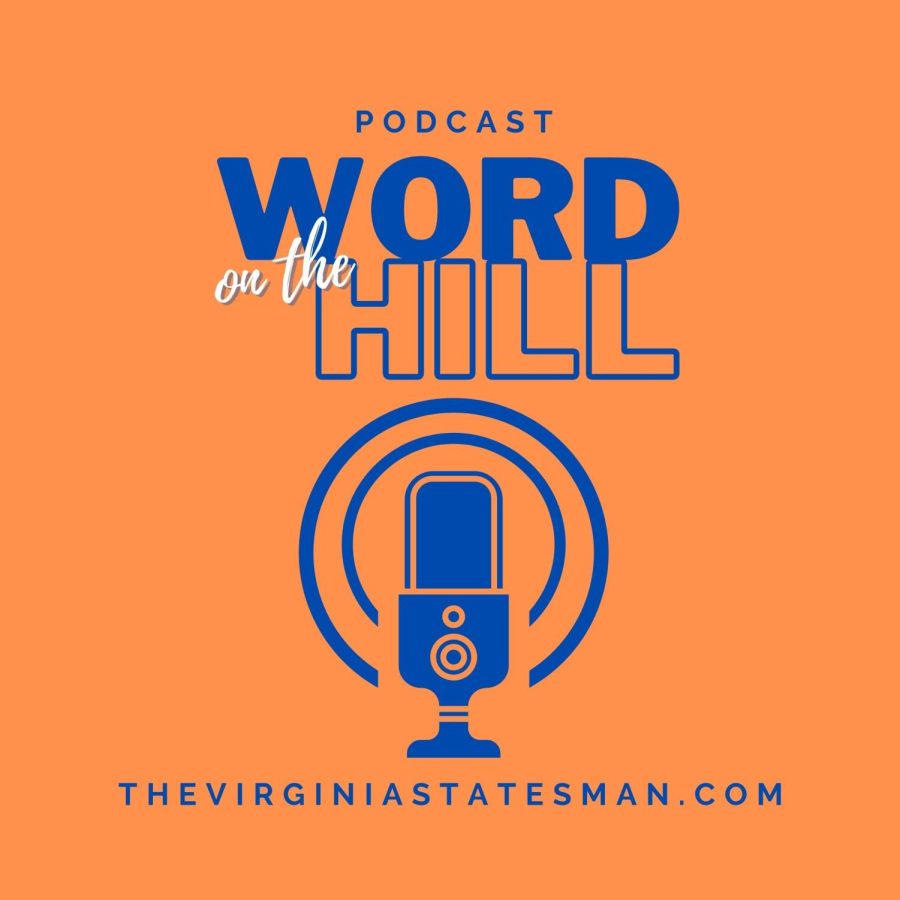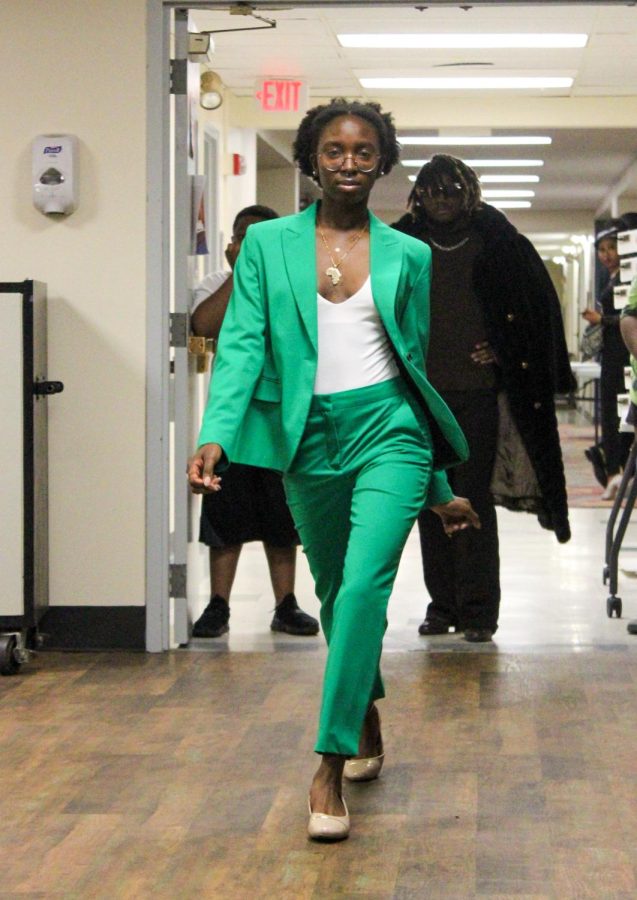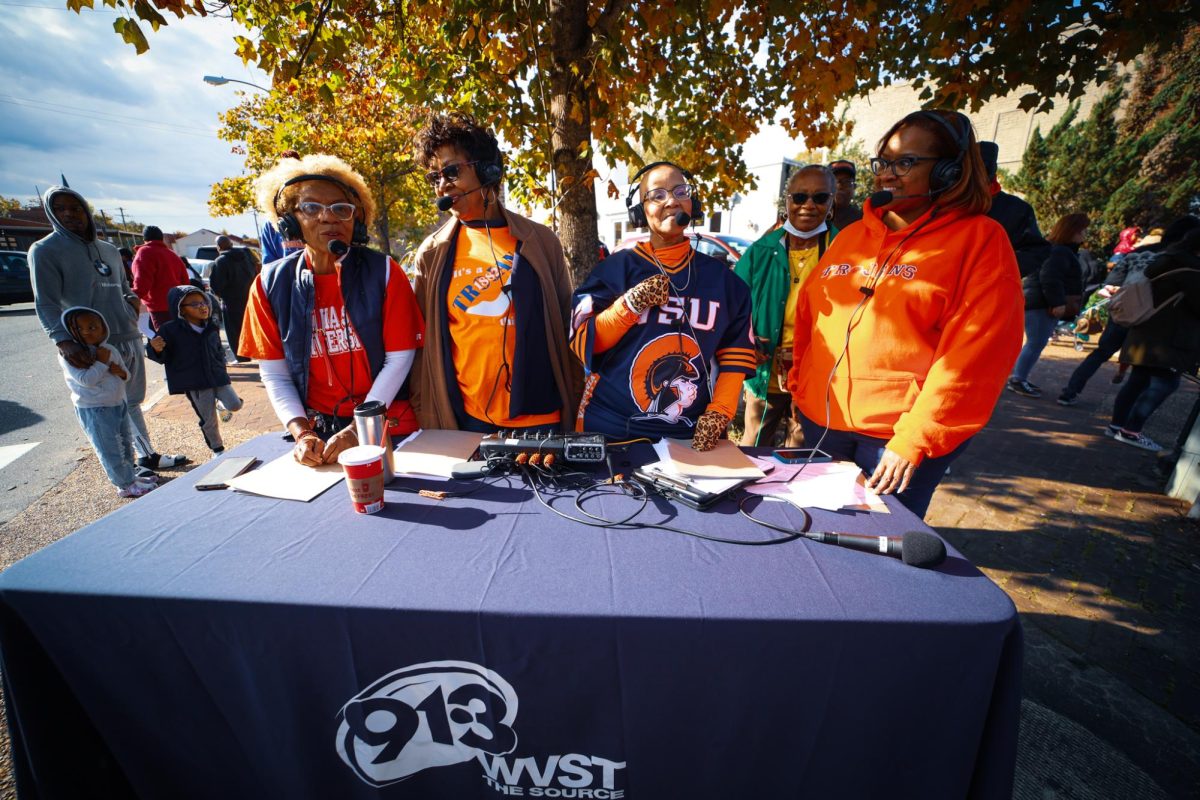It’s time to address an issue that demands our urgent attention: sexual assault on college campuses. Sexual assaults on college campuses are a huge but sometimes quiet problem that is most times either swept under the rug or not reported.
The statistics are staggering, and the stories of survivors are all too common. We need a cultural shift that prioritizes safety and support, making our campus a place where every student feels comfortable coming forward.
According to the Title IX office, last semester, there were four reports of Sexual Assault and one report of Sexual Harassment. All five reports were made by women.
Virginia State University provides sexual assault prevention resources for students that have been assaulted in any capacity. RAVE alerts are made to help spread awareness when assaults are reported. The Sexual Assault Prevention Program is run by the Counseling center to “promote a rape-free campus culture.”
“In the event of a sexual assault, the counseling center provides crisis counseling, intervention and referral services to assist victims,” the university said in a statement about sexual assault prevention on the official website.
I conducted a poll that asked VSU students how they felt about VSU’s protocol for sexual assault. Out of a little over 400 students, approximately 85% believe that more could be done on campus to prevent assault or help victims after being reported, while the other 15% believes that the school is doing enough to combat this issue.
I personally believe there can always be more done to make students feel safer on campus. More staff training, security presence on campus, equal distribution of resources and information, and campus programs/campaigns will help prevent and eliminate stigmas associated with sexual assault. These additions can also help eliminate sexual assault cases all together.
Colleges need to take responsibility for creating an environment where survivors are believed and supported, rather than silenced or blamed. We have fostered an open dialogue about consent that makes sure that every student understands their rights and the importance of mutual respect.
According to RAINN.org (Rape, Abuse, and Incest National Network), among undergraduate students, 26.4% of females and 6.8% of males experience rape or sexual assault through physical force, violence, or incapacitation.
Male college-aged students ages 18-24 are 78% more likely than non-students of the same age to be a victim of rape or sexual assault. 23.1% of TGQN (transgender, genderqueer, nonconforming) college students have been sexually assaulted.
Considering this eye opening data, Virginia State University has resources and policies in place for students that have been assaulted and/or harassed.
An example of a great program on campus is the Night Watch initiative started by our Iota Phi Theta chapter. If you DM their Instagram page (@virginiastate.iotas), someone will come and walk you wherever you need to go. Having someone to escort you around campus at night definitely makes campus feel like a safer place to be.
The Title IX office says there are several supportive measures available, whether or not a formal complaint is filed. These measures include academic course adjustments, counseling, no-contact orders, changes to residence halls/work assignments, class schedule changes, and campus escorts.
Additionally, the VSU Police Department offers free self-defense training. R.A.D. for Women (Rape Aggression Defense) and R.A.D. for Men (Resisting Aggression with Defense).
It is important for VSU to hold perpetrators accountable. A zero-tolerance policy for sexual violence must be enforced, sending a clear message showing that behavior is unacceptable. By changing the culture surrounding sexual assault, we can empower students. Together, we can work towards a campus that is safer for all students.

